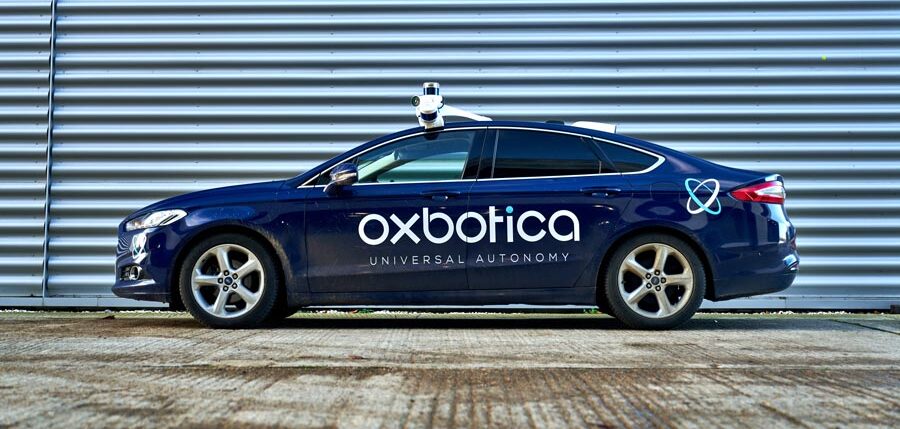A report identifying the potential impact on major UK cities of the future deployment of autonomous vehicle (AV) services has been published by UK-based Oxbotica, Imperial College London and Transport for London (TfL).
The SHIFT Autonomous Vehicle Deployment Report includes the creation of advanced traffic modeling to predict the demand for, and impact of, autonomy on congestion, emissions, public transport and ridesharing services. As part of the project, Oxbotica developed what it says are first-of-their-kind driver safety guidelines, an AV build order and a third-party data infrastructure system to help operators take proof-of-concept autonomous demonstrations to larger-scale service deployments in the UK.
According to the group, outcomes from the SHIFT Autonomous Vehicle Deployment Report are being used as part of Project Endeavour, which is designed to accelerate and scale the adoption of AV services across the UK through advanced simulations alongside trials on public roads across three major cities. The build order and data infrastructure developed through SHIFT have been deployed by Oxbotica on a fleet of six vehicles that began autonomously completing a 14.5km round trip from Oxford Parkway station to Oxford’s main train station last year.
Dr Graeme Smith, senior VP of external affairs at Oxbotica, commented, “Autonomy, whether we’re talking purely in terms of transportation or any of its various other use cases, is set to transform the world we live in. The knowledge gap has previously been how autonomous vehicles impact the area where they are deployed, but with SHIFT we have been able to begin to understand the nuts and bolts of real-world deployment. The outputs of SHIFT will enable any third party – from OEMs through to owners and operators – to deploy autonomous services in an urban environment in a way that suits their business model. This is the key to unlocking the true potential of autonomy.”
Michael Hurwitz, director of innovation, Transport for London, added, “Being part of modeling projects like SHIFT helps ensure we better understand how this technology, and the frameworks and environment that surround it, needs to develop and adapt going forward. This is key to ensuring that any application in the future, be it in London or elsewhere in the UK, is safe, inclusive and works for all.”
The full report can be accessed here.


